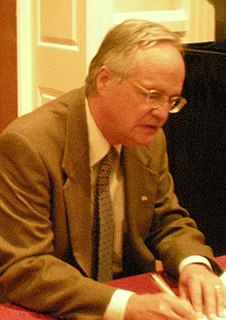A Quote by Angus Deaton
The absence of state capacity - that is, of the services and protections that people in rich countries take for granted - is one of the major causes of poverty and deprivation around the world.
Related Quotes
poverty has no causes. Only prosperity has causes. Analogically, heat is a result of active processes; it has causes. But cold is not the result of any processes; it is only the absence of heat. Just so, the great cold of poverty and economic stagnation is merely the absence of economic development.
We draw many benefits from globalization that people take for granted. Poverty has been reduced massively around the world. If you look at the Chinese numbers, it is quite mind-boggling: 700 million people taken out of poverty in a matter of 40 years, the poverty rate having moved from over 30 per cent from hardly six per cent now. That would not have happened if there had not been globalization.
If the level and amount of consumption and waste of the western rich countries ever reaches the poor countries, it will mean the end of humanity. The big world corporations are busy doing it...The production, selling, consumption, accumulation, wastes' and advertisement explosions in the western rich countries and the continued population explosion in the poor countries will turn into major catastrophes.
There are so many people who are conscientious and caring about others. I've spent time working in countries where I really noticed the absence of civic concern, care for other people. I've been in other countries where I feel a palpable, almost tooth-and-claw attitude between people - Machiavellian, me and mine. And you can take for granted being here, with all the bloviating and the media, on a day-to-day level, people in this country are really pretty concerned for each other.
As the data from the past decade clarify, there is no evidence that poverty causes crime but a great deal of evidence that crime causes poverty. By aligning themselves against the police, against commonsense tactics like stop and frisk, against metal detectors in public housing, against swift and certain punishment, and for a broad array of legal protections for accused criminals, liberals helped to aggrieve the lives of the poor and society as a whole.
The great question for our time is, how to make sure that the continuing scientific revolution brings benefits to everybody rather than widening the gap between rich and poor. To lift up poor countries, and poor people in rich countries, from poverty, to give them a chance of a decent life, technology is not enough. Technology must be guided and driven by ethics if it is to do more than provide new toys for the rich.


































